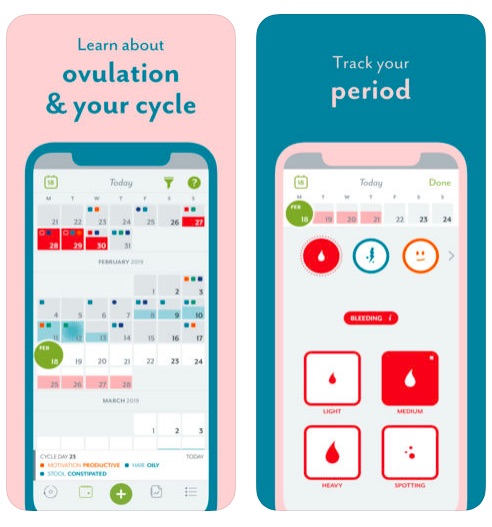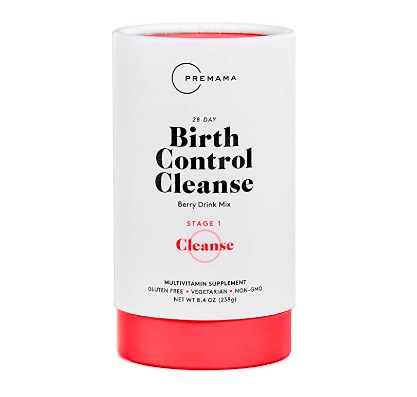Here's What to Know About Going Off Birth Control

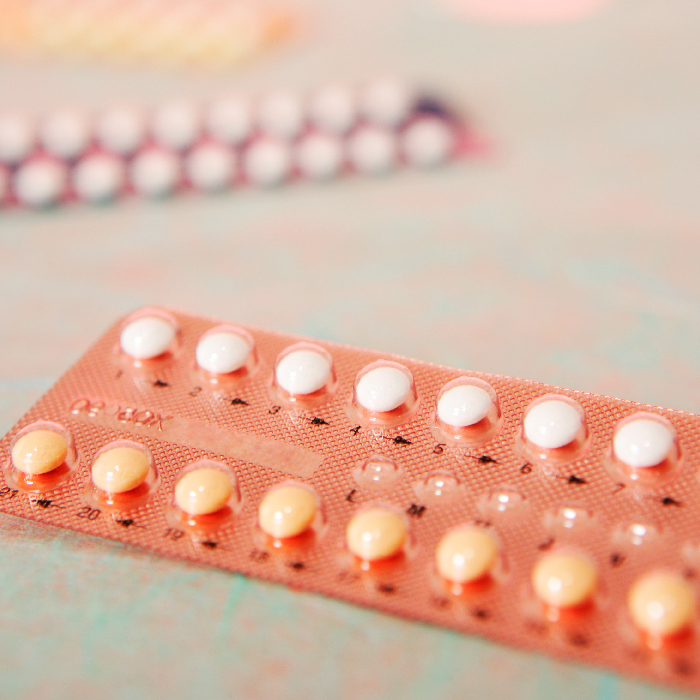
Having your hormones go rogue on you can be miserable and frustrating, so anxiety about what might happen if you go off hormonal birth control, especially if you've been on it for a long time, is totally valid. After all, there are a ton of myths, misinformation, and half-right information swirling around about the side effects that can occur: weight gain, acne, infertility, etc. Will going off birth control inevitably wreak havoc in these ways? What actually happens when you stop taking birth control?
Since everyone's bodies and experiences with different hormonal birth control methods are totally different, you'll want to consult with your OBGYN to figure out the best course of action. In other words, definitely don't make any big health decisions based on this article alone. But until then, we consulted two trusted female reproductive health doctors to give you an idea of the different things that might happen when you off birth control (they busted a few myths as well). Keep scrolling for the 4-11 on what to (possibly) expect when you stop taking birth control.
Let's start with debunking some common misconceptions about what can happen when you stop taking birth control…
Myth #1: It takes a long time for periods to return after going off birth control.
Reality: "Most women have their period return within 30 days after stopping the pill, but almost all women should be menstruating again within 90 days," assures Mark P. Trolice, MD, director of Fertility CARE: The IVF Center in Winter Park, Florida, and associate professor with the University of Central Florida College of Medicine. "Women who do not menstruate within three months should undergo an evaluation for amenorrhea (lack of periods)."
Of course, this timeline differs depending on the form of birth control you're on. "If you received Depo-Provera or another long-acting implantable hormone, the period may be delayed for months," clarifies Parenting Pod's resident OBGYN, Kim Langdon, MD.
Myth #2: Staying on birth control pills for a long time causes infertility or difficulty getting pregnant.
Reality: It's the aging process itself that increases infertility (especially after the age of 30), not that you've been on birth control. STIs and other medical conditions can impact fertility, as well. But there's no evidence that birth control pills have any negative impact on the ability to conceive whatsoever.
"If you want to get pregnant," says Langdon, "it can happen in the first month although most doctors will tell you to wait three months before conceiving to allow the lining of the uterus to regenerate to its healthiest state and to go on prenatal vitamins with folate. Spinabifida rates decrease when women start folate three months before conception."
Myth #3: You should go off hormonal birth control because it causes breast cancer.
Reality: Actually, the opposite is true. "The overall production of ovarian hormones estrogen and progesterone is reduced with birth control pills, making the exposure of breast tissue much lower than if not on the pill," says Langdon. Long-term studies conducted over the course of 50 years show that women who take hormonal contraception have "lower death rates and cancer rates than those who do not or have never taken hormonal contraception." Also, the risk of dying from pregnancy complications or ectopic pregnancy is much lower among women who use any form of contraception up until the age of 35.
Myth #4: Birth control hormones take a long time to leave the body.
Reality: "The dose of birth control pills is tiny, and this is why you must take the pill daily otherwise, you risk getting pregnant," says Langdon.
So what are some physical and emotional changes that can occur after going off birth control? Langdon listed a few for us, though these side effects are by no means one size fits all.
Potential experiences that might come after stopping birth control include:
1) Periods may become heavier and last longer.
2) There might be more cramps with periods
3) If your periods were unpredictable before birth control, they might be again.
4) Your sex drive may improve.
5) Mid-cycle pain with ovulation may occur.
6) Acne may return.
7) Symptoms of PMS may worsen, like moodiness, forgetfulness, and concentration issues.
8) If you're prone to ovarian cysts, those might develop.
9) If you went on birth control to help with endometriosis, those symptoms could return.
10) You might get pregnant.
It is possible that you might experience one, two, all, or none of these side effects. Again, make sure to set up an appointment with your OBGYN before making any decisions. Good luck out there with your reproductive system! It can be a doozy.
Disclaimer
This article is provided for informational purposes only and is not intended to be used in the place of advice of your physician or other medical professionals. You should always consult with your doctor or healthcare provider first with any health-related questions.

Tie among Linda Rodin, Hari Nef, and David Bowie.
Who are your 5 favorite people to follow on Instagram?@petracollins @katiejanehughes @alwaysjudging @bonnyrebecca @hotdudesreading
What's the beauty essential you can’t live without?If I have some brow gel and Sisley's Phyto-Lip Twist, I'm good to go forever.
What's your desert island album?Death Cab for Cutie's Transatlanticism
What's your favorite Byrdie.com story?Game of Thrones's Nathalie Emmanuel looks so achingly beautiful in our feature with her that I think it's gonna have to be that!
-
 If The Row, Khaite, and Toteme Feel Too Expensive, Here Are 33 Pieces to Try Instead
If The Row, Khaite, and Toteme Feel Too Expensive, Here Are 33 Pieces to Try InsteadBring on the luxe-looking outfits.
By Jennifer Camp Forbes
-
 Paige DeSorbo's World: Her New Book, Favorite Zara Item, and What She Loves in Her Dream Apartment
Paige DeSorbo's World: Her New Book, Favorite Zara Item, and What She Loves in Her Dream ApartmentEverything going on in this It girl's universe.
By Bobby Schuessler
-
 I Live for Yoga and Pilates—These Are the Pieces That Help My Flow
I Live for Yoga and Pilates—These Are the Pieces That Help My FlowTake notes.
By Humaa Hussain
-
 It's Time to Get Our Nutrition in Check for Summer—This App Is Making It Easy
It's Time to Get Our Nutrition in Check for Summer—This App Is Making It EasyThe recipe ideas are endless.
By Who What Wear
-
 If You're Battling With Digestive Issues, This Could Be Why
If You're Battling With Digestive Issues, This Could Be WhyTurns out, you may not have IBS after all.
By Kia Topps
-
 Our Editors Own a Lot of Sneakers, But This Pair Comes in First Place Every Time
Our Editors Own a Lot of Sneakers, But This Pair Comes in First Place Every TimeA major win.
By Aniyah Morinia
-
 I Changed My Mind About Strength Training When I Tried This Workout
I Changed My Mind About Strength Training When I Tried This WorkoutMy confidence is officially on 10.
By Kia Topps
-
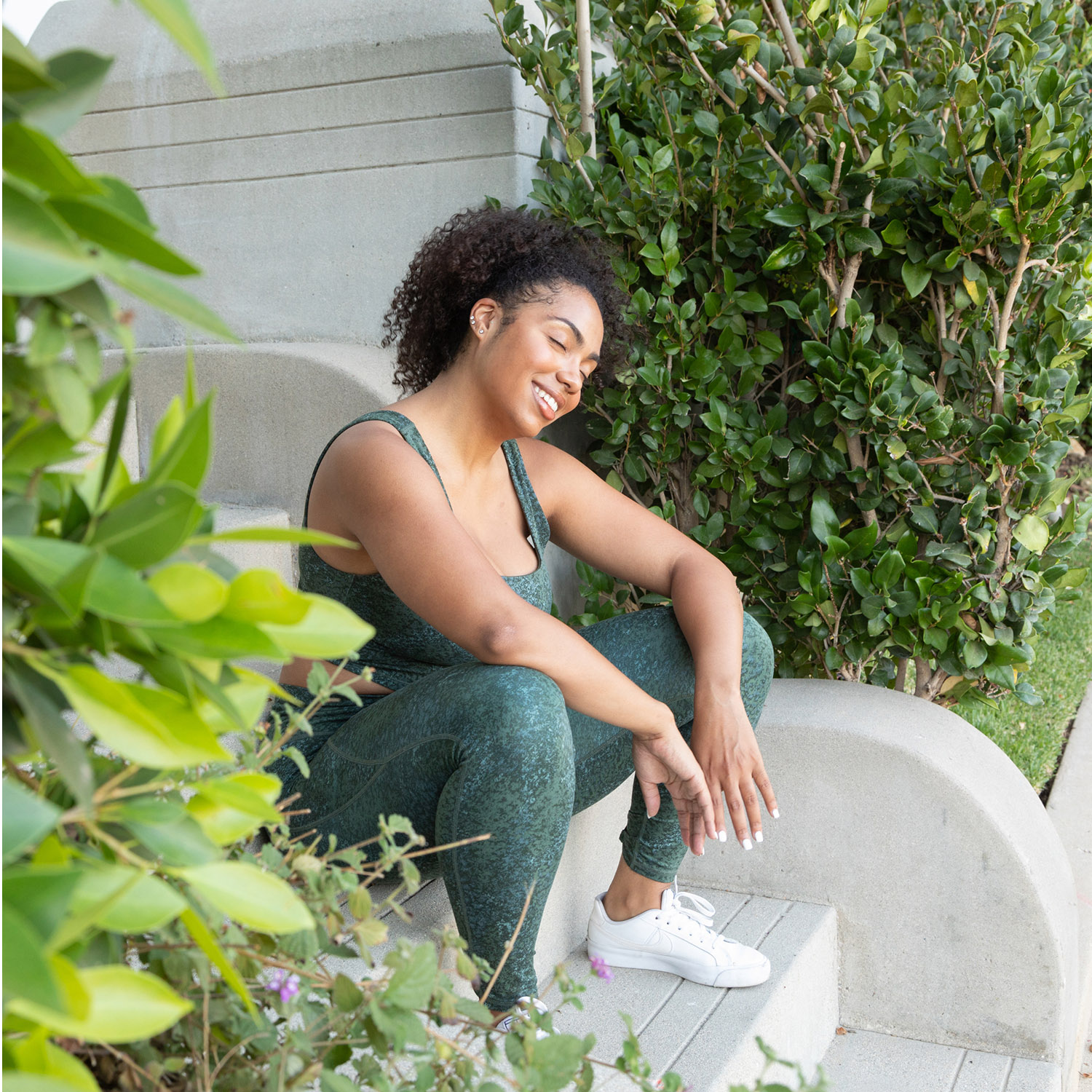 This Type of Gear Will Take Your Workout to the Next Level
This Type of Gear Will Take Your Workout to the Next LevelBring it on.
By Sarah Yang
-
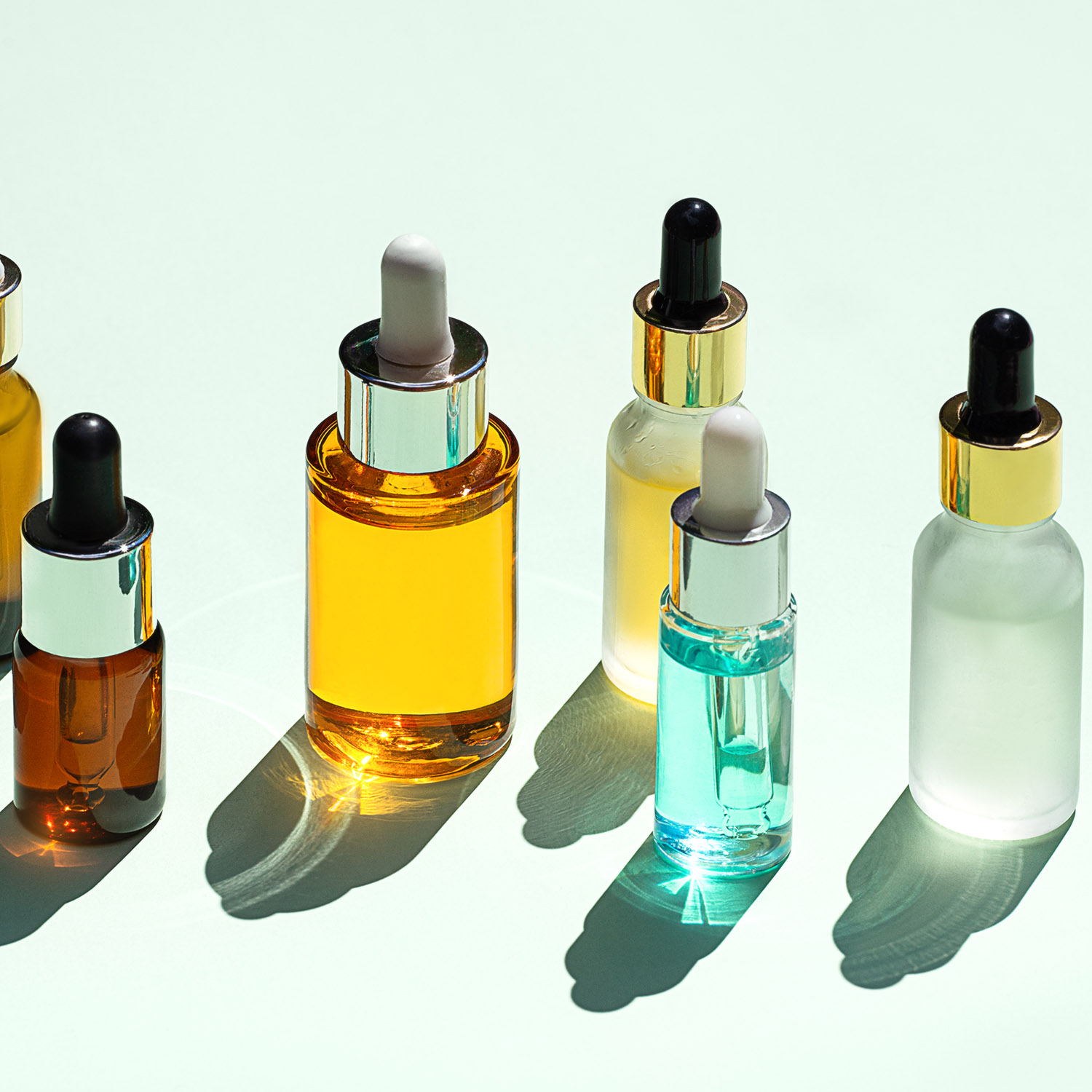 6 Essential Oils That Will Heal Your Painful Sunburns
6 Essential Oils That Will Heal Your Painful SunburnsAll-natural relief ahead.
By Samantha Parsons
-
 The Activewear Accessory That Can Change Your Yoga Practice
The Activewear Accessory That Can Change Your Yoga PracticeIt's so helpful.
By Sarah Yang
